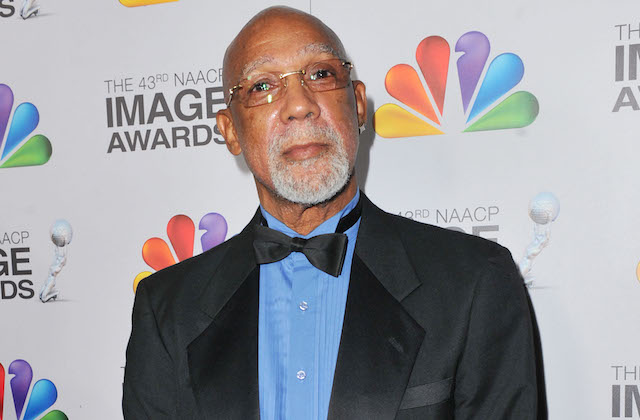Back in 1968, sprinter John Carlos’ decision to stand for racial justice and raise his black-gloved fist during the Olympics’ medal ceremony led to a backlash that ultimately cost him his marriage.
"My wife and kids were tormented," Carlos wrote in a new piece for Vox. I was strong enough to deal with whatever people threw at me, because this is the life I’d signed up for. But not my family. My marriage crumbled. I got divorced. It was like the Terminator coming and shooting one of his ray guns through my suit of armor."
Despite enduring death threats and character assasination, Carlos writes, "I wouldn’t change what I did." Carlos’ essay focuses on the weight of his actions and the need for Black athletes to use their fame to address the systemic oppression and racism Black people face:
I’m really frustrated with a lot of today’s stars, who have an opportunity to speak up but don’t. They think they’re secure in their little bubbles of fame and wealth. They think racism and prejudice can’t touch them because they’ve achieved a certain level of success.
I want to tell them, "Your mother’s not secure in that bubble. She doesn’t have a tattoo on her forehead that says she’s part of your lineage. Your son is not secure. Your daughter is not secure. Your father is not secure. The kids you grew up with are not secure."
Carlos and fellow runner and Black Power advocate Tommie Smith were suspended from the U.S. Olympic team after their action in Mexico City. Carlos went on to work for the U.S. Olympic Committee and the 1984 Olympics’ Organizing Committee, and he continues to add to his legacy of activism.
